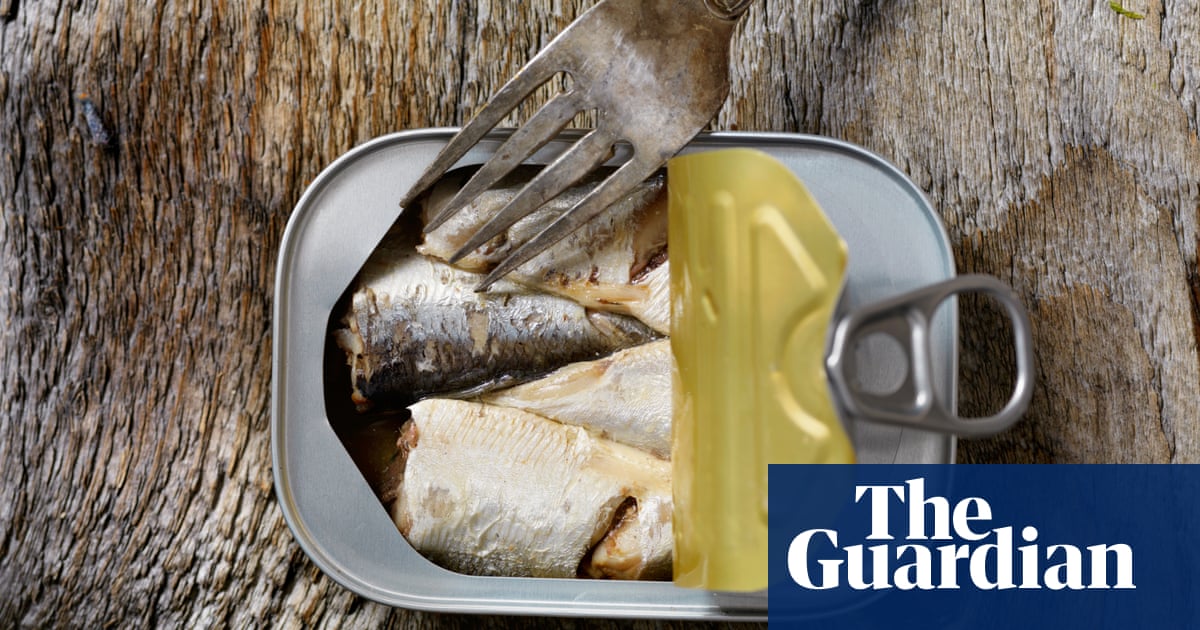Swapping red meat for forage fish such as herring, sardines and anchovies could save 750,000 lives a year and help tackle the climate crisis, a study suggests.
Mounting evidence links red meat consumption with a higher risk of disease in humans as well as significant harm to the environment. In contrast, forage fish are highly nutritious, environmentally friendly and the most abundant fish species in the world’s oceans.
While research has shown the benefits of forage fish, until now it has been unclear to what extent they might cut the global burden of disease if substituted for red meat. Now a team of Japanese and Australian researchers have an answer after conducting the largest analysis of its kind, involving data from more than 130 countries.
Swapping red meat for forage fish could prevent 750,000 deaths a year and significantly reduce the prevalence of disability as a result of diet-related disease, they found.
Adopting this type of diet would be especially helpful for low- and middle-income countries, where these fish are cheap and plentiful, and where the toll taken by heart disease in particular is high, the researchers added.
“To improve human health and the health of the planet we should limit the consumption of red meat and move towards foods that are both healthy and environmentally friendly,” they wrote in the journal BMJ Global Health. “Compared with red meat, seafood not only provides a higher concentration of essential nutrients, but also prevents diet related non-communicable diseases (NCDs).
“Our study demonstrates that the adoption of forage fish as a red meat alternative would potentially offer substantial public health benefits (with the avoidance globally of 0.5–0.75m deaths from diet related NCDs), particularly in terms of reducing ischaemic heart disease.”
Forage fish are rich in omega-3 long-chain polyunsaturated fatty acids, the intake of which may prevent coronary heart disease, as well as being abundant in calcium and vitamin B12. They also have the lowest carbon footprint of any animal food source, the researchers said.
However, at the moment three-quarters of the forage fish catch is ground into fishmeal and fish oil – products mostly used for fish farming.
The researchers modelled four scenarios, each representing a different pattern of forage fish allocation globally. They used data for projected red meat consumption in 2050 for 137 countries and historical data on the forage fish catch from marine habitats.
Globally, this approach could prevent as many as 750,000 deaths from diet-related disease in 2050 and avert up to 15m years of life lived with a disability.
The limited supply of forage fish isn’t sufficient to replace all red meat, the researchers acknowledged. But swapping them could still substantially cut the global burden of disease.
“Our analysis suggests that forage fish is a promising alternative to red meat,” the researchers wrote. “This study points to the need for fish-based food policy guidelines and nutrition-sensitive policies to pay more attention to the composition of future fish intake and to promote forage fish consumption.”

Sarah Carter is a health and wellness expert residing in the UK. With a background in healthcare, she offers evidence-based advice on fitness, nutrition, and mental well-being, promoting healthier living for readers.








